Forex trading can be an emotionally-charged activity, with the potential for huge gains and losses. To maximize your potential for success, it is essential to understand the role that emotions play in your trading decisions and learn how to manage them. In this article, you will learn the importance of managing your emotions when trading Forex, and get some tips on how to stay in control of your feelings. While Forex trading can be a great way to make money, it can also cause considerable stress. The fear of losing money, the thrill of making a profit, or the feeling of missing out when prices move quickly can all lead to emotional trading decisions.
However, it is important to remember that your emotions should not take precedence over your rational trading decisions. By understanding the impact that emotions can have on your trading, and learning to manage them effectively, you can increase your chances of making a profit in the Forex market. Understanding and managing your emotions is essential to being a successful trader. It can be difficult to stay rational in the face of high-risk, high-reward situations, but knowing how to handle the emotions that come with trading can have a huge impact on your trading success. The importance of managing your emotions when trading cannot be overstated. Emotional states can cloud your judgement and make it harder to make rational decisions.
When trading, it is important to be mindful of the different emotional states you may experience, such as fear, excitement, and anxiety. Being aware of these emotions can help you stay focused and make better decisions. One of the best strategies for managing and controlling emotions is to have a plan and stick to it. Having a plan of action will help you stay focused and make better decisions.
Having a plan in place also helps you stay disciplined and reduces the risk of making rash decisions. Additionally, having a plan will help you know when to cut your losses and when to take profits. Another strategy for managing emotions is to use emotion as a tool for trading success. Emotions can be used to your advantage if you know how to use them correctly.
For example, if you are feeling fearful, you can use this fear as an opportunity to reassess your trading strategy and adjust it accordingly. Similarly, if you are feeling excited, you can use that excitement to stay motivated and focused on your goal. Finally, it is important to stay disciplined and focused when trading. This means avoiding distractions such as checking social media or watching the news while trading.
Additionally, it is important to take regular breaks and get some rest in order to prevent emotional burnout. In conclusion, managing your emotions is essential for traders. It is important to be aware of the different emotional states you may experience and have strategies in place for managing them. By having a plan and sticking to it, using emotion as a tool for success, and staying disciplined and focused, traders can maximize their chances of success.
Strategies for Managing and Controlling Emotions
Developing Self-Awareness One of the most important strategies for managing your emotions while trading is to develop a strong sense of self-awareness.This means taking the time to understand your own thoughts, feelings, and behaviors in response to different trading situations. You should also take the time to recognize how your emotions can influence your trading decisions. By becoming aware of these things, you can better prepare yourself for any emotional responses that may arise.
Practicing Mindfulness
Mindfulness is a powerful tool for managing emotions while trading.It involves being present in the moment and focusing on your thoughts and feelings without judgment. When you practice mindfulness, it helps you become aware of any emotional states you may be in and take action if needed. In addition, it can help you identify any patterns or triggers that may cause you to make emotional decisions when trading.
Creating a Trading Plan
Creating a trading plan can be a great way to manage your emotions while trading.A trading plan should include your entry and exit points, money management strategies, and risk management strategies. By creating a plan and sticking to it, it can help you stay focused on the task at hand and avoid making emotional decisions. It also allows you to review your strategy over time and make adjustments as needed.
Seeking Support
Having a strong support system can be key when it comes to managing emotions while trading.It’s important to have someone you can talk to and share your experiences with. This can be a professional trader or a friend who understands what you’re going through. Having someone to talk to can help you stay focused on your goals and make better decisions when trading.
Different Emotional States that Traders May Experience
When trading, traders may experience a variety of different emotional states. Fear and greed are two of the most common and powerful emotions that can have a significant impact on trading decisions.Fear of losses can lead to hesitation, while greed can lead to overtrading or taking excessive risks. Excitement is another emotion that traders often feel when trading, as they anticipate potential gains or losses. This emotion can cause traders to take risks that they wouldn’t normally take or make decisions without properly researching them. It’s important to stay focused and remember to take the time to analyze potential trades. Frustration can also be a common emotion among traders. It can be caused by a string of losses or feeling like you’re not making the progress you want.
It’s important to keep in mind that trading is not an exact science and losses are inevitable. Taking some time away from trading can help alleviate frustration. Finally, relief is an emotion that traders may experience when they close a successful trade. It can be a great feeling, but it’s important to remember not to become complacent and continue to practice proper risk management.
The Importance of Having a Plan and Sticking to It
Having a plan and sticking to it is essential to successful forex trading. Without a plan, traders tend to act impulsively, chasing losses or taking excessive risks.A plan helps to keep traders focused on their trading objectives, while also providing them with a way to manage their emotions when dealing with high-risk, high-reward situations. Having a plan can help traders remain disciplined and minimize emotional decisions. When a trader has a plan, they have a clear set of rules to follow, such as when to enter and exit a trade. This helps to reduce the amount of time spent trying to decide what to do next. Additionally, having a plan can help traders avoid the urge to overtrade, which can be dangerous and lead to losses. A plan can also help traders stay focused on their goals and objectives.
By having a plan in place, traders will be less likely to act on impulse or emotion and will be able to take a more rational approach when making trading decisions. Additionally, having a plan will help traders avoid getting caught up in the excitement of the market and can help them stick to their long-term trading goals. Sticking to a plan is also essential for successful forex trading. Without discipline, traders may find themselves taking unnecessary risks or making poor decisions. Having a plan helps traders stay focused on their goals, while also helping them manage their emotions during times of high volatility.
Additionally, sticking to a plan helps traders avoid overtrading, which can be dangerous and lead to losses.
Why Managing Emotions is Essential for Traders
When it comes to forex trading, it is essential to manage emotions in order to be successful. In this volatile and unpredictable market, it can be difficult to remain rational, particularly in high-risk, high-reward scenarios. However, having the ability to effectively manage emotions can have a major impact on one's trading success. In forex trading, emotions can be a major obstacle.Fear, anxiety, and other negative emotions can lead to rash decisions and irrational trading strategies. On the other hand, overconfidence and a feeling of invincibility can cause traders to take on too much risk or make trades without conducting proper research. It is important to recognize and understand the various emotional states that may arise when trading forex. Once these emotions are identified, it is then possible to develop strategies for managing them in order to maximize trading success.
For example, fear can be managed by setting reasonable goals and limiting potential losses. Overconfidence can be addressed by sticking to a tested trading plan and conducting research before entering a trade. Overall, managing emotions is essential for traders who are looking to achieve success in forex trading. By recognizing and understanding the different emotional states that may arise when trading, it is possible to develop strategies for managing them in order to maximize success.
How to Use Emotion as a Tool for Trading Success
When it comes to trading, many people think that emotions should be avoided. However, emotion can be a powerful tool in trading, if used correctly. Emotion can be used to help you make more informed and wise decisions when trading. By recognizing and understanding your emotions, you can use them to make better decisions and avoid mistakes. One way to use emotion as a tool for trading success is to recognize when your emotions are getting in the way of making the right decision.When you feel emotional, it can be difficult to think clearly and logically. It's important to take a step back and assess the situation before making any decisions. Taking time to evaluate the facts and assess the risks can help you make the right decision without letting your emotions take over. Another way to use emotion as a tool for trading success is to use it as motivation. Emotions can give you an extra boost of energy and focus that you need to stay on top of the markets.
This focus can help you make better decisions and stay ahead of the competition. By using your emotions as a tool for motivation, you can stay focused and informed. Finally, you can use emotion as a tool for trading success by being aware of how it affects other traders. Your emotions may be different from other traders, but it is important to recognize how they may be influencing their decisions. By understanding how other traders feel, you can learn from their experiences and use it to your advantage. Using emotion as a tool for trading success is not easy, but it can be done.
It requires understanding yourself and recognizing when your emotions are getting in the way of making the right decision. It also requires understanding other traders and their emotions, so that you can better anticipate their reactions and make better decisions. Finally, using emotion as a tool for motivation can give you the focus and determination needed to stay on top of the markets.
Tips for Staying Disciplined and Focused When Trading
Managing your emotions is an essential part of trading successfully. It can be difficult to stay rational in the face of high-risk, high-reward situations, but knowing how to handle the emotions that come with trading can have a huge impact on your trading success. When it comes to staying disciplined and focused when trading, there are several strategies that you can employ.Here are some tips for keeping your emotions in check while trading:Set Goals: Before you start trading, set clear goals and objectives. Make sure that these goals are realistic and achievable. By having clearly defined goals, you will be able to stay focused on achieving them.
Create a Plan:
Once you have your goals in place, create a plan of action for reaching them. This plan should include both long-term and short-term strategies for achieving your goals.Having a plan of action will help to keep you focused and motivated.
Keep a Trading Journal:
Keeping a detailed trading journal is an important part of staying disciplined. This journal should include all of your trades, their outcomes, and any thoughts or feelings you had during the trade. Reviewing your journal regularly will help you identify patterns in your trading behavior and make adjustments where necessary.Take Breaks:
It is important to take regular breaks from trading, as it can be mentally exhausting. Taking breaks helps to clear your mind and refocus on the task at hand.Aim to take at least one break per day when trading.
Find Support:
Having support from friends, family, or other traders can help to keep you motivated and disciplined. Find people who have similar goals and objectives to yours and use them as a sounding board when making decisions.Examples of How to Handle Different Emotional States
Recognize your emotionsThe first step to managing your emotions while trading is to recognize them. It is important to take a step back and identify which emotion you are feeling. This can be done by taking a few moments to pause and reflect on what you’re feeling.Ask yourself questions such as “What am I feeling right now?” or “Why am I feeling this way?” This will help you become aware of your emotional state.
Engage in calming activities
Once you’ve identified the emotion you are feeling, it is important to take steps to calm yourself down. This could involve engaging in activities such as deep breathing, stretching, or engaging in physical activity. Taking a few moments to focus on your breathing can help you relax and gain control over your emotions.Create a plan of action
Once you have become aware of and managed your emotions, it is important to create a plan of action. Take a few moments to think about how you can best handle the situation.Consider the potential outcomes of different decisions and create a plan that will help you achieve your goals. This plan should include specific steps such as setting specific stop-loss levels or taking breaks at regular intervals.
Set boundaries
It is also important to set boundaries for yourself when it comes to trading. Make sure that you are following the rules and regulations that you have set for yourself. This will help ensure that you are making informed decisions based on logical reasoning, rather than letting emotions drive your trading decisions.Talk to someone
Finally, if you find yourself struggling to manage your emotions, it may be beneficial to talk to someone.Having an outside perspective can be incredibly helpful in times of emotional turmoil. They may be able to provide insight or advice that can help you stay in control of your trading decisions. Managing your emotions is essential for successful forex trading. A trader needs to be able to stay rational, maintain discipline and focus, and use emotion as a tool for success. Having a plan and sticking to it is key in order to ensure that emotions do not interfere with trading decisions.
It is important to remember the tips provided in this article for staying disciplined and focused when trading.
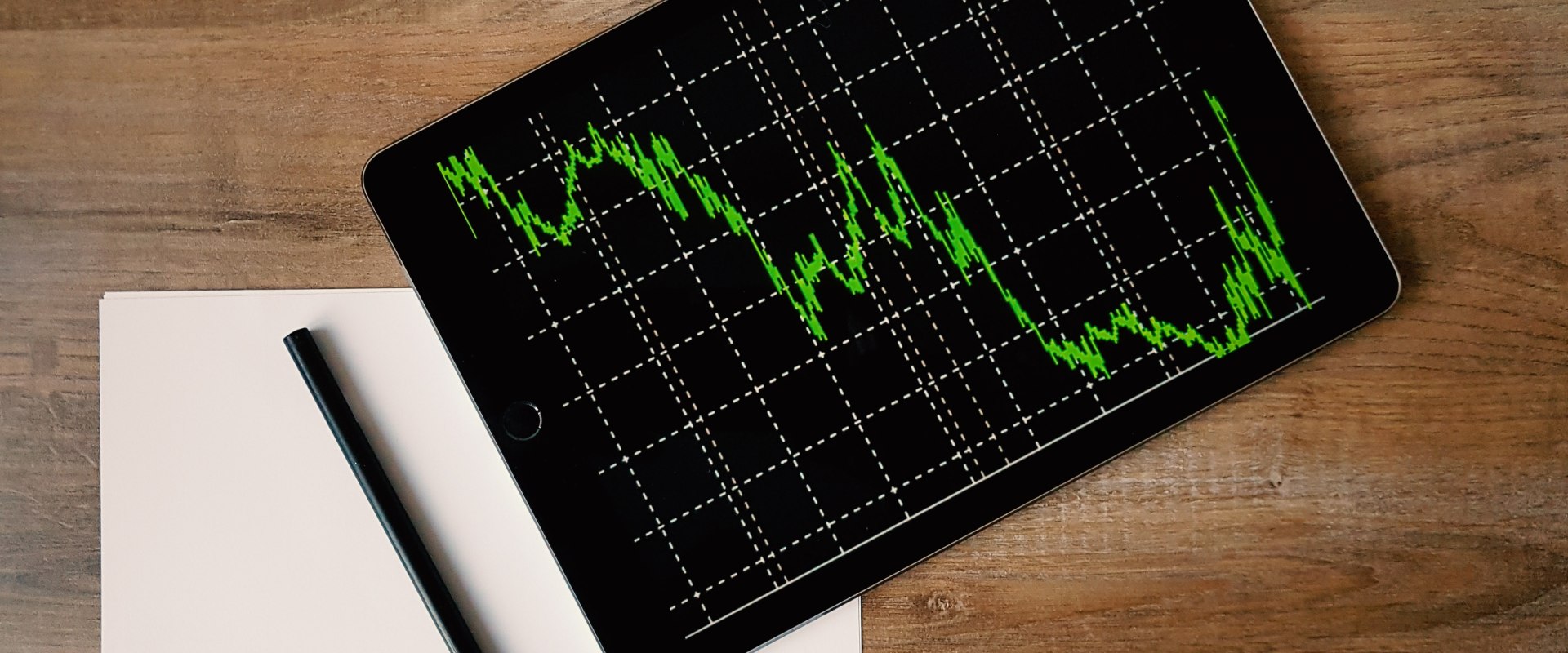
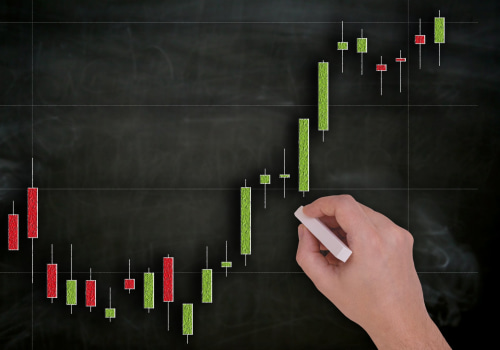

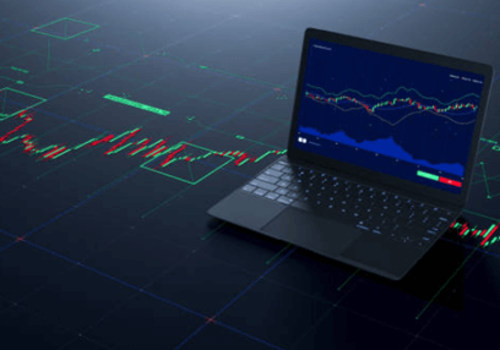
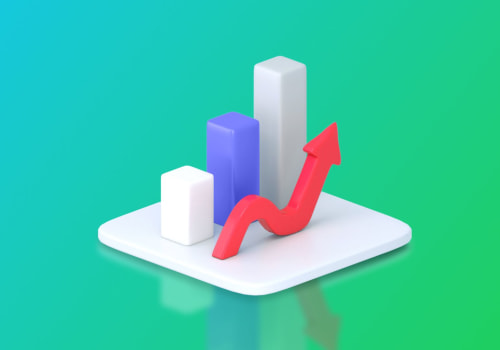



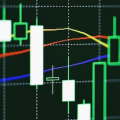
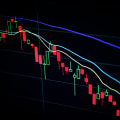


Leave Reply